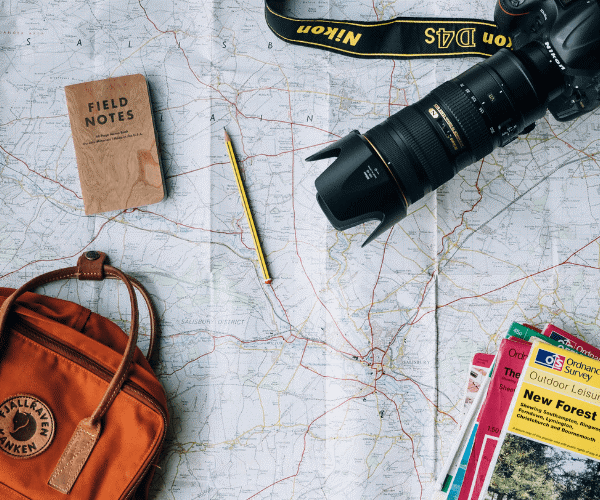We all know the mixture of fear and excitement when visiting a new, unfamiliar place. But sometimes the stress of travel plans can lead to travel anxiety. Although this isn’t an officially diagnosed mental condition, for certain people, anxiety about traveling can become severe, and may even stop them from going on a well-deserved vacation, or that promising business trip.
Read some of the common triggers of travel anxiety and my go-to tips for overcoming it.
What causes anxiety about travel?
People can develop negative associations with travel from a variety of experiences. One study revealed that 65% of people who’d been in a major car accident developed travel anxiety. Anxiety disorders are the most common mental illness – affecting 40 million adults each year in the United States alone.
Having a panic attack while in an unfamiliar area can also lead to anxiety over traveling. Simply hearing about negative travel experiences, like plane crashes or foreign illnesses, can cause anxiety to spike in some people. Of course, anxiety disorders can also be caused by biological risk factors – with some research indicating strong genetic links for developing anxiety in young adulthood and beyond.
Feeling anxious before you travel is entirely normal. Scratch that; anxiety is completely normal. It’s our body’s natural response to stress. Thankfully there are some things you can do to help you better manage your anxiety levels before you head to the airport.
Identify your triggers
Anxiety triggers are things that lead to an increase in your anxiety symptoms. These triggers could be specific to traveling – like planning for a trip or flying. They may also include outside factors like low blood sugar, caffeine, or stress.
Pay attention to what seems to be triggering you and then you can start to work through them with healthy coping mechanisms. This might be your sign to consider therapy with a psychologist or counselor to help you identify your triggers and start living a less anxiety-inducing life.
Plan for certain scenarios
Many times, it’s those pesky “what-if’s” that set us off. And while we can’t plan for all the worst-case scenarios in the book, you can plan for many of them. For instance, “What if I get lost?” Well, you can always keep an offline map on your phone or guidebook on hand to make sure you can find your way back even if you have no WiFi or mobile devices available.

Here are…
Click Here to Read the Full Original Article at A Luxury Travel Blog…
